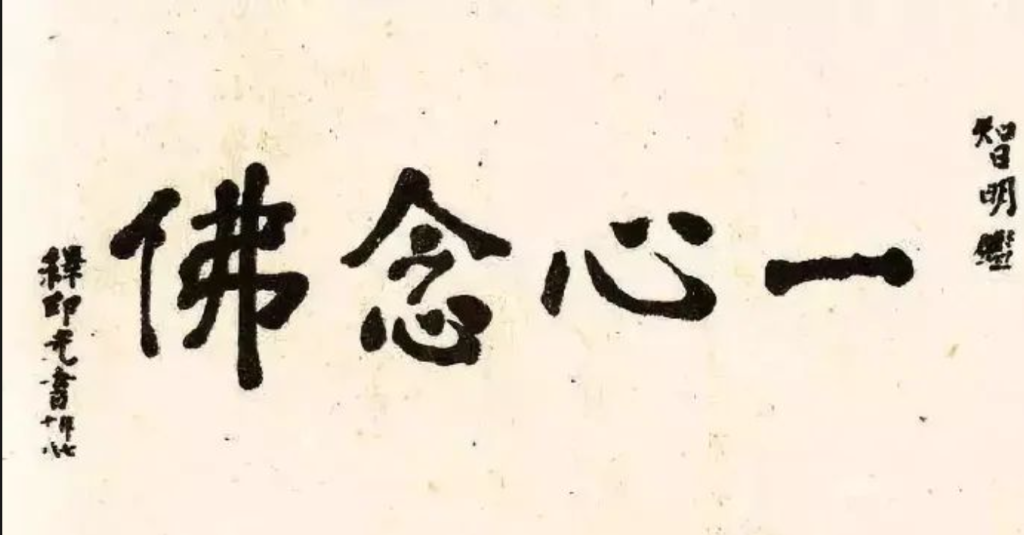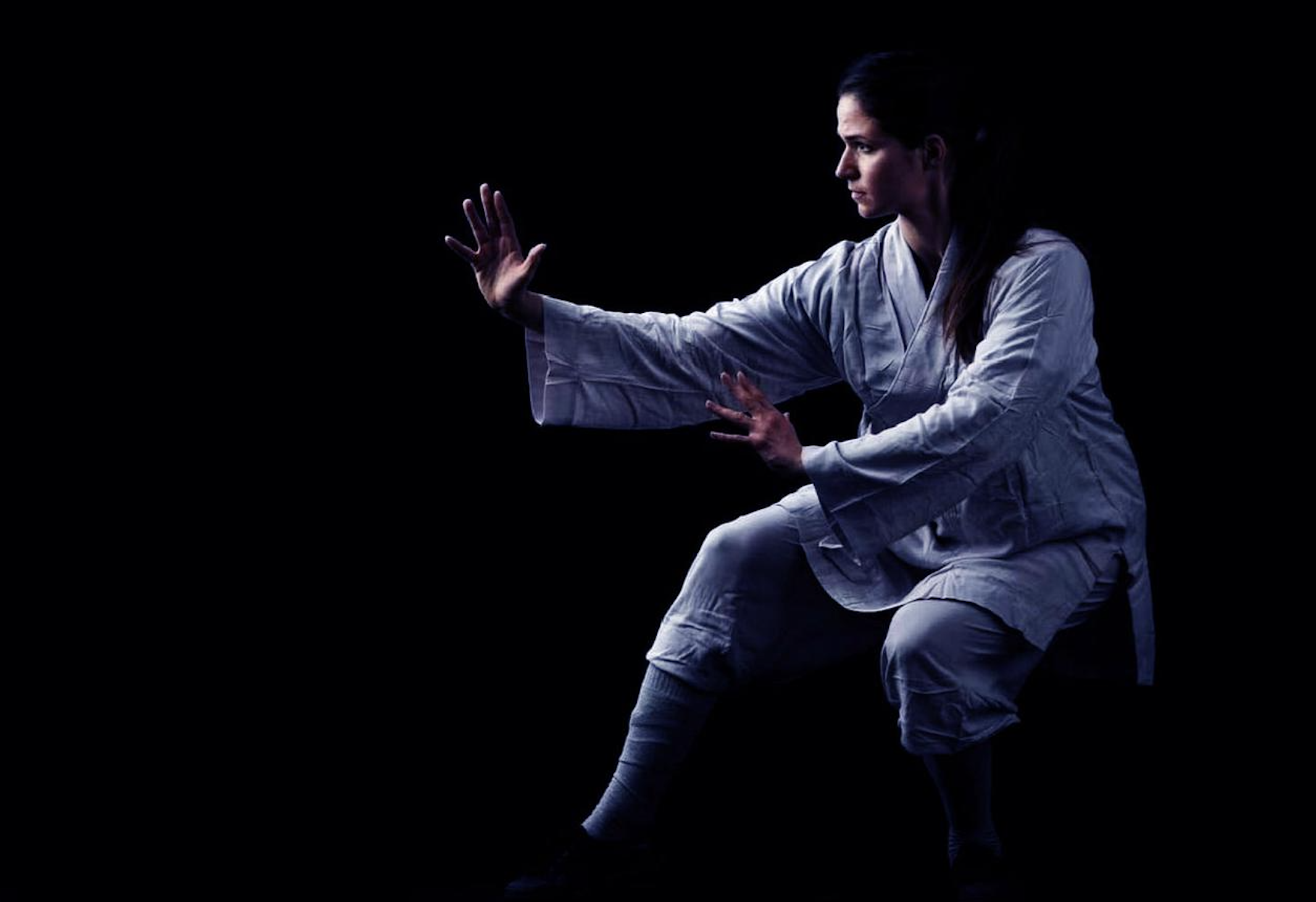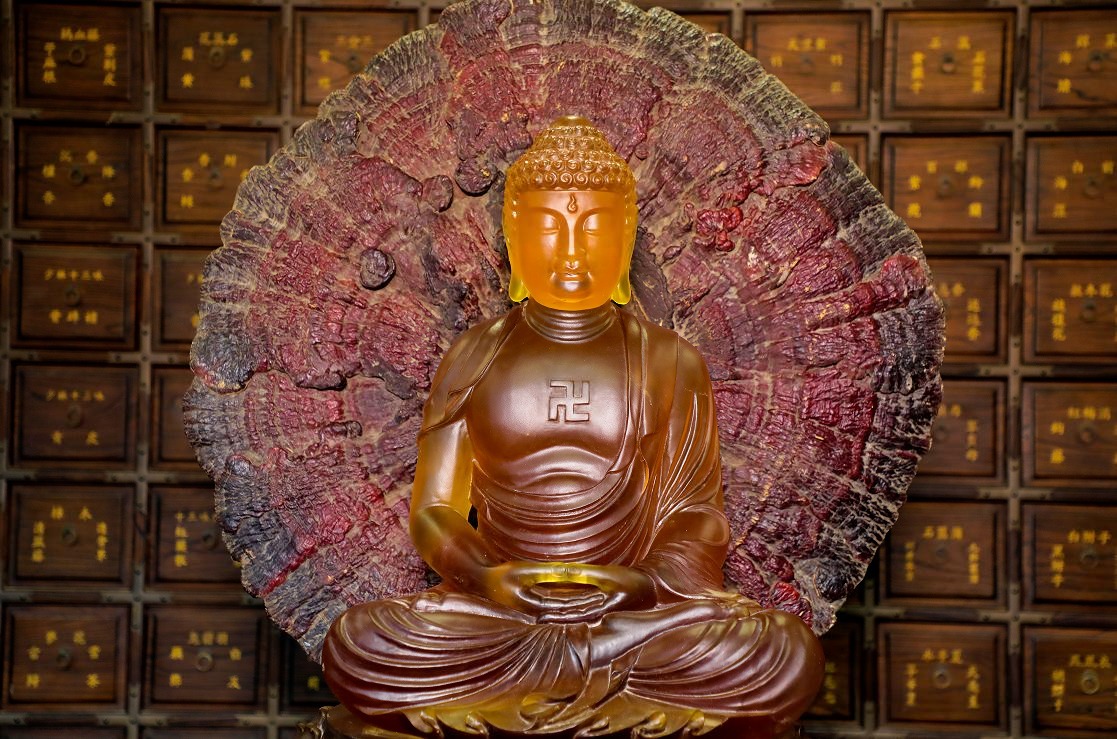
How to Cultivate Diligence Without Losing One’s Way and Attain True Enlightenment? Is It Just Continuous Buddha Recitation?
Question:
Master, what is Zen?
Answer:
Zen is the manifestation of wisdom in daily life. The more one tries to explain it, the further one strays from its essence.
“In the realm of ultimate truth, not a single speck of dust clings;
Yet within the gate of myriad practices, not a single Dharma is abandoned.”
■ There is no Dharma outside the mind—Buddhadharma is realized through direct experience, not intellectual debate.
Question:
Nietzsche said, “There are no facts, only interpretations.” May I ask, Master, how should we understand this? Does this mean there is no absolute truth in this world? Is Buddhadharma merely another perspective?
Answer:
Spiritual practice is not about constructing new perspectives, but about realizing the inherent, ultimate truth within. Cultivation is the inward revelation of Tathatā (Suchness), not an outward search.
“The nature of Bodhi is originally pure;
Simply use this mind, and directly attain Buddhahood.”
■ The mind should be like a mirror—neither grasping nor rejecting.
Question:
Master, how should one refine oneself through daily activities? How can one cultivate diligence without losing the path and attain true enlightenment? Is it just continuous Buddha recitation (nianfo)?
Answer:
Not just Buddha recitation—it is but one among many methods. When acting, be fully present in the action. Let go of dualistic thinking, contrived effort, and the notion of “practicing.” Abide in the present moment.
Expanded Reflection on Zen Practice and Enlightenment
The path of Zen (Chan) is not about accumulating knowledge or adhering rigidly to methods, but about awakening to the nature of mind itself.
- Zen as Direct Experience
- Zen transcends conceptual explanations. Words may point to it, but they are not it.
- Just as a finger pointing at the moon is not the moon, intellectual understanding is not enlightenment.
- The Illusion of Perspectives
- Nietzsche’s claim that “there are no facts, only interpretations” reflects the relative nature of worldly truths.
- However, Buddhadharma is not merely another perspective—it is the direct realization of Dharma-Dhātu (the ultimate reality beyond all views).
- Right Effort in Practice
- Diligence (virya) does not mean mechanical repetition, but wholehearted engagement in each moment.
- Whether chanting, sitting in meditation (zazen), or performing daily tasks, the key is wu-xin (no-mind)—acting without attachment.
- The Mirror Mind
- A true practitioner’s mind reflects reality without distortion, like a clear mirror.
- This is the essence of “Bu Jiang Bu Ying” (既不将也不迎)—neither grasping nor rejecting.
- The Role of Buddha Recitation
- Nianfo (Buddha recitation) purifies the mind, but it is not the only path.
- As the Vimalakirti Sutra states: “The Dharma is without duality.”
Conclusion
True cultivation (bhāvanā) is not about seeking externally, but uncovering the innate wisdom within.
“The Way is perfect like vast space,
Where nothing is lacking and nothing is in excess.”
— Hsin Hsin Ming (Faith in Mind)
May all beings awaken to their true nature. Amitabha.



